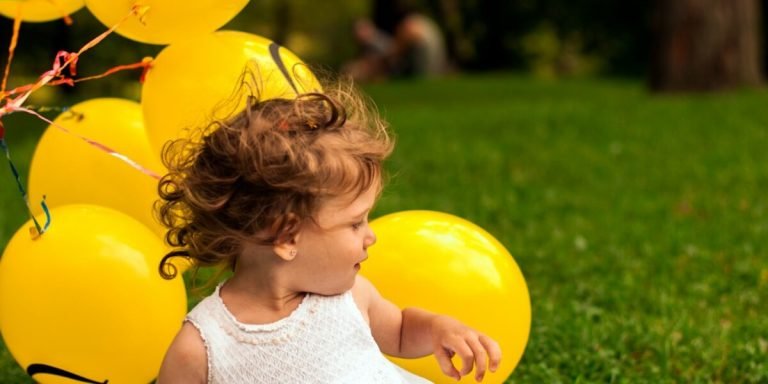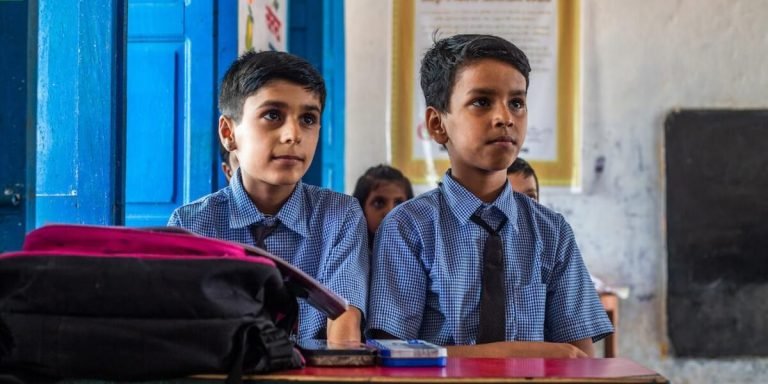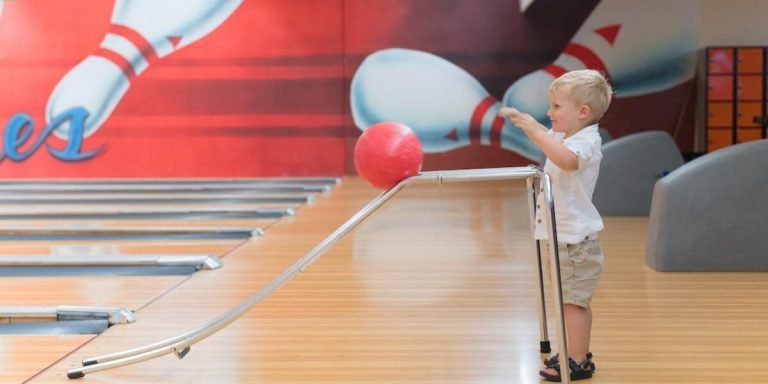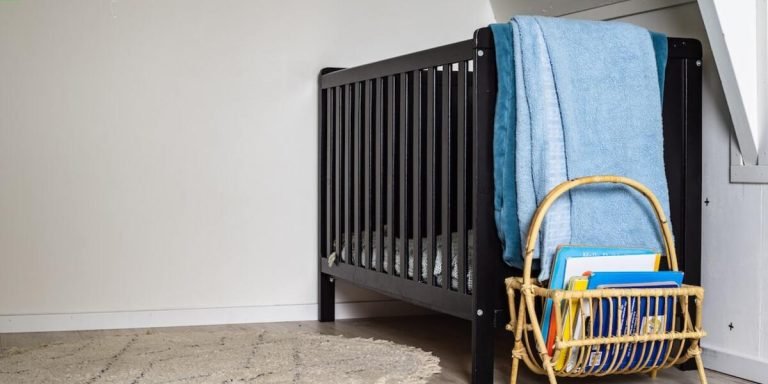Preschool Prep: Nurturing Early Learning Through Play and Creativity
Understanding the importance of preschool prep can be a game changer when it comes to your child’s academic success. As parents and educators, we hold a significant role in nurturing early learning through play-based activities that are creative and engaging. An appropriate balance of structured lessons coupled with innovative approaches enhances children’s development while making learning fun.
The focus on incorporating creativity into preschool education has been steadily increasing due to its numerous benefits. Creativity fosters mental growth in kids by providing opportunities for trying out new ideas, problem-solving, and reasoning skills. These invaluable experiences pave the way for successful lifelong learning habits during their formative years.
Did you know?
The National Institutes of Health found that children spending more time in less-structured activities, like free play and new experiences, excel at setting and meeting their own goals.
The Foundations of Preschool Prep: Laying the Groundwork for Educational Success
The early years of a child’s life, especially those leading up to preschool, are crucial for their cognitive and emotional development. This period shapes the framework for future learning abilities and predetermines children’s success in school as well as beyond. Hence, ‘preschool prep’ has turned into an essential phrase among parents and educators alike.
Preschool preparation is not just about identifying colors or reciting alphabets; it extends much further–encompassing social skills enhancement, mental agility nurturing, physical coordination building alongside intellectual growth. It lays a solid foundation that bridges the transition from home to school setting smoothly.
In 2023 where technology plays an increasingly significant role in education sector, integrating game-based learning apps or educational online toys within these formative years can be beneficial too Other strategies like creative playtime activities — storytelling or arts/crafts projects stimulate imagination while enhancing motor skills simultaneously Furthermore engaging daily routines familiarizing them with sequence order balance provides reassurance encouraging independence thus preparing your little ones effectively before they start their first-ever academic journey at preschool .
Understanding Developmental Milestones in Early Learners
Developmental milestones give us crucial insights into the progress of early learners. As part of preschool prep, understanding these important markers can help set up youngsters for educational success.
Children develop at different rates – that’s a fact we understand well in 2023. However, there are universally recognized developmental landmarks to guide educators and caregivers on what skills children should ideally possess at various stages.
At ages one through three, kids begin exploring their environment more actively – an achievement also known as gross motor development. These include actions like standing solo or initiating steps without support—essential abilities they need before moving on to finer tasks involving precision and coordination.
Next comes fine motor skill development where toddlers start showing proficiency with tasks requiring hand-eye coordination such as eating with spoons or putting together simple puzzles—the precursors to writing!
Lastly yet importantly, social-emotional growth plays a pivotal role—it shapes how our little ones interact with others while establishing control over own emotions too gradually.
Preschool Prep acts like gateways that ensure all necessary tools needed for future learning get duly incorporated within growing minds adequately equipped for handling challenges associated therein right from outset itself!
Essential Skills to Foster Before Kindergarten
As parents and educators, there are certain essential skills that you can foster in your child to ensure a successful transition from preschool prep to kindergarten. These skills go beyond the basics of learning alphabets or numbers – they form strong pillars for their overall educational journey.
Cognitive development refers to how children think, learn, and solve problems at this stage. Engage them with puzzles and memory games which will enhance their problem-solving abilities as well as kindle curiosity.
A healthy social-emotional foundation is vital before stepping into formal education environments like kindergarten classrooms. Encourage sharing toys during playtime or holding simple conversations with peers; these activities aim towards emotional intelligence enhancement.
Helping your little one master basic self-care routines such brushing teeth independently, dressing up without assistance lays ground for boosted confidence levels when entering school life full-time.
Even if reading seems far-fetched in early years — singing rhymes aloud while pointing words out on board books helps set the tone for future literacy skill sets thus easing preschool prep challenges considerably!
Innovative Teaching Strategies for Preschool Readiness
In a fast-paced world like ours, early childhood education has taken on new dimensions. Preparation for preschool provides children with the necessary skills and knowledge essential for their successful academic journey. The keyword here is ‘innovative teaching strategies.’ These are methodologies that incorporate exciting, stimulating activities to ensure children’s readiness.
The first innovative strategy involves leveraging technology in learning—a prevalent aspect of 2023. It isn’t about introducing toddlers to screens at an early age; instead, it focuses on utilizing tools such as interactive whiteboards or educational apps geared towards young learners. They make learning fun-filled yet meaningful while easing kids into digital literacy—an important skill set today.
Finally, embedding character-building elements within curricula ensures holistic development in these formative years besides just cognitive advancement—the ability to identify emotions effectively can go a long way toward improving communication skills & emotional intelligence considerably.
Thus it becomes imperative—to equip our youngsters adequately—we must adopt these revolutionary teaching strategies ensuring substantial Preschool Prep right from early stages itself!
Utilizing Play-Based Learning to Enhance Cognitive Growth
Understanding the influence of play on cognitive development is vital in early childhood education. Play-based learning, a critical aspect shaping young minds and an effective preschool prep strategy, offers countless benefits for your little ones. Let’s explore how to use this engaging approach to amplify kids’ cognition.
Play-based learning promotes active engagement; however, it isn’t just about letting children run wild with their toys. It involves designing structured environments that stimulate curiosity while fostering self-discovery and creativity—cornerstones of cognitive growth.
For starters, educators can integrate manipulative materials into playtime sessions like building blocks or puzzles. These tools don’t only make play fun but are instrumental in enhancing problem-solving skills—an essential component of preschool readiness—and sharpens hand-eye coordination which supports overall motor skill enhancement.
Integrating Technology Responsibly in Early Childhood Classrooms
First and foremost, its usage is geared towards enhancing learning while retaining the vital human touch that shapes young minds. Both parents and educators must tread this delicate line with care – understanding when technology can be a beneficial tool and when it may serve as a hindrance.
Today’s children are digital natives; they take their first steps into an increasingly connected world where screens are commonplace. However, not all screen time is created equal within early childhood classrooms.
The goal isn’t just tech-savvy kids but well-rounded individuals primed for success in 2023’s rapidly evolving educational landscape. This means apps aren’t merely babysitting devices to keep children quiet: they’re powerful teaching aids if used intelligently and sparingly during class time or even at home.
There’re several ways responsible integration works:
1) Interactive Learning Games: Digital games foster an engaging environment which keeps youngsters hooked whilst imparting crucial lessons on various subjects like math or language skills.
2) Storytelling Through Animated Books: E-books captivate little ones’ imagination via vivid graphics accompanied by interactive narratives – making reading enjoyable without losing sight of core literacy-building components.
3) Virtual Field Trips: With advancements in virtual reality (VR), we’ve transcended physical boundaries allowing students unique experiences otherwise unavailable due to logistical barriers such as distance or finances.
Evaluating and Choosing Quality Preschool Programs
When it comes to giving your child a strong start in education, preschool prep has proven itself as an invaluable stepping stone. The choices you make during this critical period lay the foundation for academic success and influence how your little ones perceive learning environments. But with myriad of options available, selecting quality preschool programs can be overwhelming.
To navigate through the sea of options, begin by identifying what makes a high-quality program stand out from average ones. Research indicates that successful early childhood education focuses on building cognitive and social skills simultaneously while ensuring each child receives individual attention they need to thrive. These programs instill fundamental abilities such as problem-solving, improving concentration levels and fostering empathy – skills which are paramount not just academically but also are essential life tools.
Understanding these principles is a significant first step towards evaluating potential preschools for your child’s benefit. Visit different schools in person if possible or interact virtually since most institutions offer online tours due to current worldwide situations like Covid-19 pandemic (2023). Observe their teaching philosophy, classroom dynamics & interaction between educators and students; after all human interactions forge stronger bonds leading onto fruitful learning outcomes.
Endeavoring into this journey might seem daunting initially but remember choosing wisely now will set up a productive trajectory path focused on lifelong learning goals keeping intact curiosity sparks within young minds!
Key Indicators of an Effective Early Learning Environment
As parents or educators, you understand the importance of preschool prep in setting a solid foundation for your child’s lifelong learning. Preschool can be an exciting time to witness growth as children develop social skills, make new friends and absorb knowledge like sponges. But how do we know if a particular early childhood education program is efficient?
How do we evaluate what makes one superior compared to others?
- Active engagement of children in a variety of activities
- Opportunities for collaborative play and learning
- Support for developing language and literacy skills
- Access to a range of materials and resources for exploration
- Interaction with caring adults who respond to individual needs
- Regular assessment to inform teaching strategies and support learning progress
1. **Child-Centered Approach**: In this approach, curriculum plans revolve around the interests and specific needs of each child rather than following a fixed schedule.
2. **Skilled Educators**: Effective teachers play crucial roles – they’re not merely individuals who deliver information but facilitators guiding your young ones towards acquiring critical thinking abilities.
3. **Clear Goals And Curricula:** Top-notch programs have clear goals for students’ cognitive development tied into their curriculums regularly reviewed and updated by experienced educational professionals keeping pace with current research trends.
Children should experience balance between structured activities guided by teachers—designed to build important academic/social skills—and unstructured free-play time which fosters creativity and leadership qualities.
5 . **Healthy & Safe Environment**: A clean facility implementing regular hygiene practices including hand-washing protocols while ensuring safety measures within premises remains non-negotiable.
Questions Parents Should Ask During a Preschool Tour
During your pursuit of the best preschool prep for your child, a tour of potential institutions is an indispensable step. It’s during such tours that you get to physically observe and understand the environment which will shape their early childhood education. Asking pertinent questions during these walkthroughs can provide valuable insights into whether a program aligns with your expectations or not.
Different preschools implement varying educational philosophies – Montessori, Reggio Emilia or Waldorf are just few examples. Understanding how teachers engage children in learning activities gives clarity about what forms the core curriculum at this particular institution.
Inquiry on strategies used by educators to address discipline issues and conflict between students helps gauge if they foster positive behaviour while respecting each child’s emotional needs.
Are classrooms clean, organized, bright enough but not too harshly lit? Are restrooms easy for little ones to utilize independently? Look around in detail while keeping safety considerations paramount like do they have safe outdoor play spaces amongst other things?
4.How Much Physical Activity Is Included In A Day?
5.What Type Of Communication Exists Between Teachers And Parents?
Conclusion
Preschool prep is more than just learning letters and numbers, it’s about nurturing your child’s inherent abilities through play and creativity. This approach not only enhances cognitive skills but also helps in shaping a well-rounded individual ready to stride ahead with confidence into formal schooling. So, let the joy of discovery guide your little one during this crucial phase; after all – education isn’t filling a bucket, but lighting a fire.
We hope you found these insights on preschool prep beneficial! Remember that early childhood education goes beyond what we traditionally consider as ‘learning’. It should be fun, engaging and foster an appetite for inquiry within children- something our bundle of articles definitely echoes!
Feel free to explore further content on effective parenting techniques or educator tips that can complement your teaching methods just right here at our website. You’re not alone in this enriching journey – we are here offering support every step of the way.







